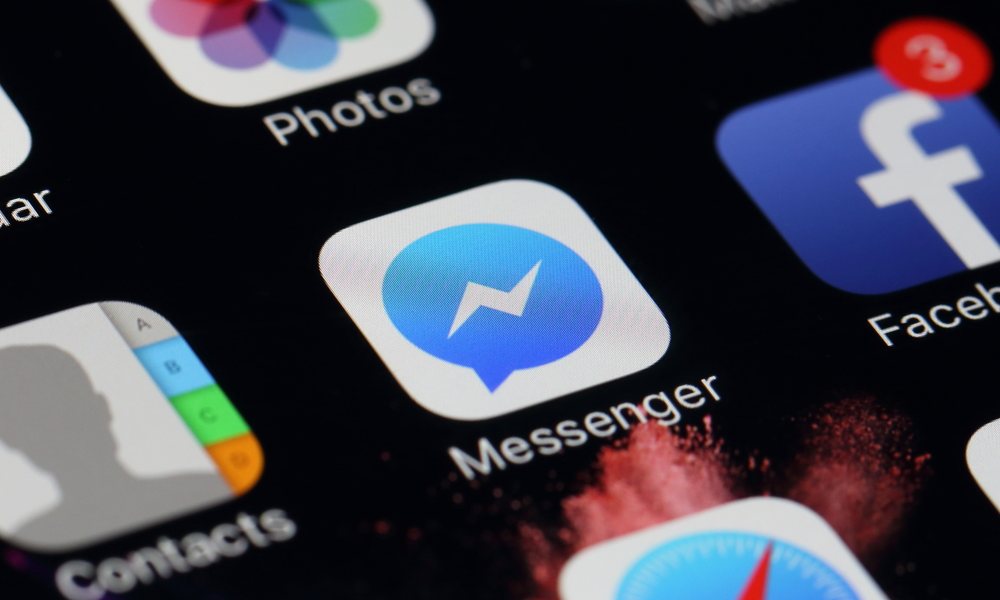Facebook Messenger Gets Rebuilt as a Leaner and Meaner Native iOS App
 Credit: charnsitr / Shutterstock
Credit: charnsitr / Shutterstock
Toggle Dark Mode
If you use Facebook Messenger a lot, you’ve probably noticed that the app can seem a bit sluggish at the best of times; even on a blazing fast A13-equipped iPhone 11 it comes across as feeling less responsive than most other iOS apps.
While some of that is attributable to the bloat that Facebook has added into the app over the years—things like chatbots and games that are arguably unnecessary in a messaging app—it turns out that a lot of it has been due to Facebook’s insistence on doing things its own way rather than embracing the capabilities Apple has already provided within iOS.
To be fair, Facebook has had a valid reason for doing this, at least in its own mind. It’s own React Native framework was intended to make it easy to offer the same features and functionality across multiple platforms, meaning that iPhone users and Android users could enjoy a similar experience when using Facebook Messenger. However, much of React Native involved reinventing the wheels that were already available on both platforms, and prevented Facebook Messenger from taking advantage of the best that iOS has to offer.
However, now it seems that Facebook has seen the error of its ways, announcing this week that it’s releasing a “faster, smaller, and simpler” version of Messenger.” Facebook promises that the new version should load “twice as fast” on iOS, and from what we’ve seen, it really is a night and day difference, especially on newer iPhones. Suddenly, Facebook Messenger loads up faster, opens conversations faster, scrolls faster, and just feels more buttery smooth overall.
Completely Rebuilt
Facebook says that it rebuilt the Messenger app on iOS from the ground up, and you can read here for all of the technical details, but suffice it to say that much of the magic behind the new app was simply Facebook throwing out its own way of doing things and acknowledging that maybe Apple’s engineers actually do know better than Facebook’s when it comes to how to make things work best on the iPhone.
Overall, our approach was simple. If the OS did something well, we used it.
Facebook also managed to reduce the size of the Facebook Messenger app to about one quarter of its original size, which undoubtedly also helps to improve load times and overall performance. It’s not like the original Facebook Messenger took up a ton of space in the first place relative to modern iPhone storage capacities, but we can probably agree that 500MB was still a bit excessive for a messaging app. Plus, it also made downloading the app more of a challenge over cellular data connections.
However, what the size reduction actually represents is how much of the cruft Facebook has stripped out of the app. Facebook says it reduced the core code by 84 percent, eliminating features like chatbots, business messaging, and games. In fact, the old “Discover” tab is completely gone, at least for now. Facebook says it will work to bring back at least some of these features “soon,” but hasn’t provided a timeline, and others that are kind of beyond the chat experience may be gone for good.
Overall, however, it’s a big step in the right direction for an app that many users open many times every day, and hopefully the new code base will allow Facebook to keep the app lean and mean as it reintroduces features.






